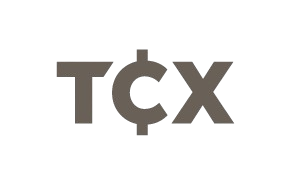Serbia’s president Vucic has nominated outsider candidate Djuro Macut to be the next prime minister, following the resignation of PM Vucevic in January. This decision is an effort to quell student protests, which have taken place since November. Mr Macut does not have any previous political experience, though is known for his background in medicine and as a university lecturer.
